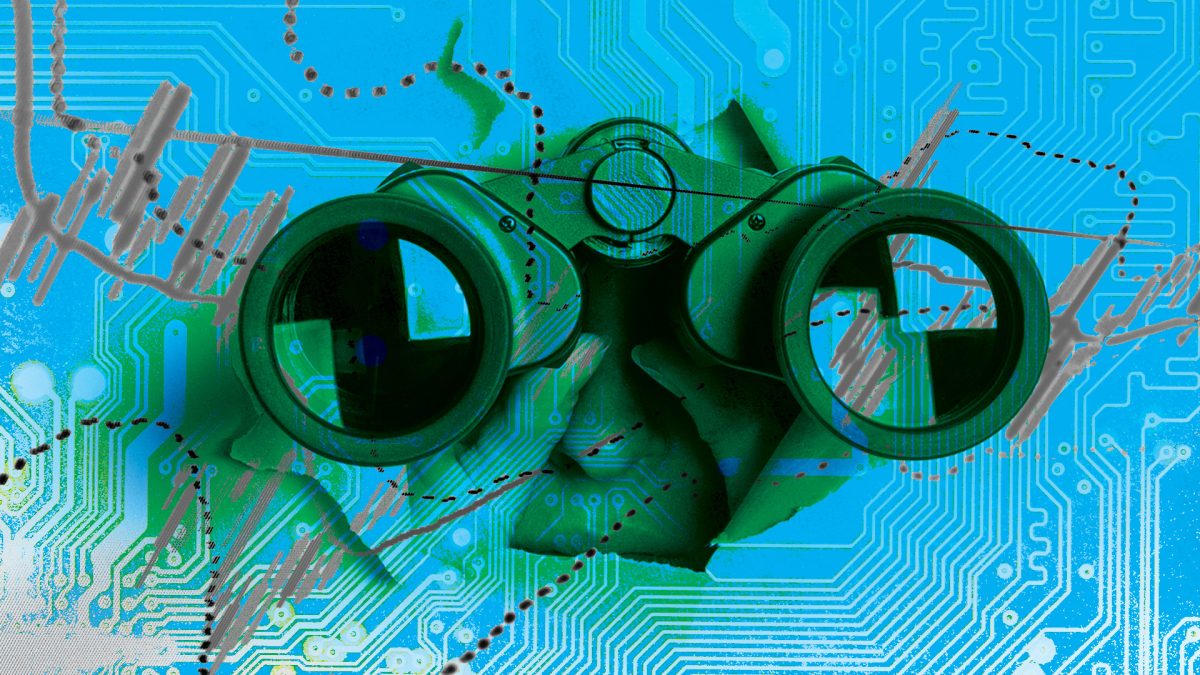What is decentralized science (DeSci)?


However, DeSci comes with risks. Low-quality research can slip through to publication. In addition, it's unclear where decentralized science stands within existing regulatory frameworks.
This article explores what decentralized science is — along with its potential drawbacks.
How does DeSci work?
Examples of DeSci projects
BIO Protocol is one of the biggest DeSci platforms, and it provides tools for funding, developing and governing scientific IP to accelerate the commercialization of biotech research. It's backed by YZi Labs, formerly Binance Labs.
BIO Protocol uses DAOs to crowdfund and decentralize the ownership of novel biotechnology and new drugs. These DAOs are known as decentralized biotechnology organizations and called "BioDAOs." Their goal is to broaden the range of people investing in scientific startups and allowing them to potentially see benefits from successful developments — as BioDAOs tokenize and trade scientific research outcomes as tradable IP assets. BIO token holders can also get involved in decisions over funding and development directions.
Other DeSci firms use DAOs to fund scientific research as well, such as Molecule and its associated entity VitaDAO. Molecule is a marketplace for researchers to list projects that are non-fungible tokens (NFTs) intended to signal intellectual property. Current projects on the platform include a Newcastle University study into molecular aging and a University of Copenhagen project into longevity. These projects receive funding via DAOs, usually in a stablecoin such as USDCoin (USDC).
"The broader vision is to create a DeSci ecosystem that won't just consist of DAOs funding research but also hopefully pharmaceutical companies along with the general public investing into these research projects," said founder Tyler Golato in an interview with The Block.
Beyond crowdfunding, AminoChain deploys blockchain technology in an attempt to create private yet secure information channels for scientific data. The firm builds a Layer 2 that allows medical institutions to relay health data while protecting patient privacy.
What are the advantages of DeSci?
DeSci has a number of potential advantages over the traditional scientific process, including but not limited to:
- Opening scientific access: Decentralized technology opens up research and data for everyone by placing it on a public, immutable network. This can facilitate the transparency and traceability of scientific research.
- Crowdsourcing: DeSci encourages open collaboration across the globe. Researchers, students and hobbyists alike can share data and validate each other’s work. In this respect, DeSci is a web3 version of "Citizen Science," in which members of the public can contribute data for scientific projects.
- Funding and incentives: Traditional funding models, like government grants or corporate sponsorship, can be bypassed through decentralized financing mechanisms. Crowdfunding through token-based incentives lets researchers raise funds directly from the public or other interested parties. Additionally, token rewards may be offered to incentivize reproducible scientific results.
What are the potential drawbacks of DeSci?
In decentralized systems, especially those lacking robust peer-review mechanisms, incorrect or incomplete data could proliferate. Thus, DeSci may allow low-quality research to be published.
Cryptocurrency can bolster scientific funding, but volatile tokens may prevent the long-term viability of extended research endeavors. And much like crypto, funding within decentralized science exists in a regulatory grey area — especially if they employ DAOs.
DeSci is still a burgeoning industry, and many firms within it are early-stage. They can succumb to the same circumstances that cause other fledgling firms to fail, such as ineffective cash management or struggling to create a viable product, which hinders the overall evolution of decentralized science.
Disclaimer: This article was produced with the assistance of OpenAI’s ChatGPT 3.5/4 and reviewed and edited by our editorial team.
© 2025 The Block. All Rights Reserved. This article is provided for informational purposes only. It is not offered or intended to be used as legal, tax, investment, financial, or other advice.



